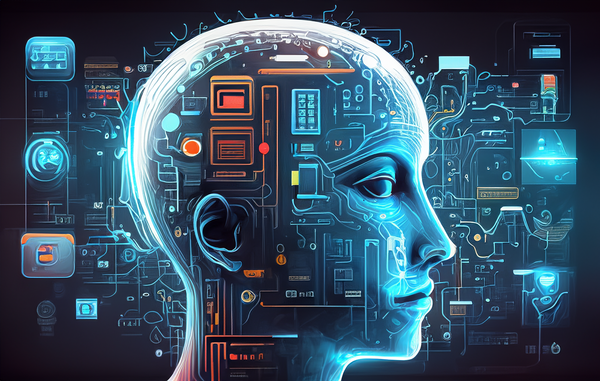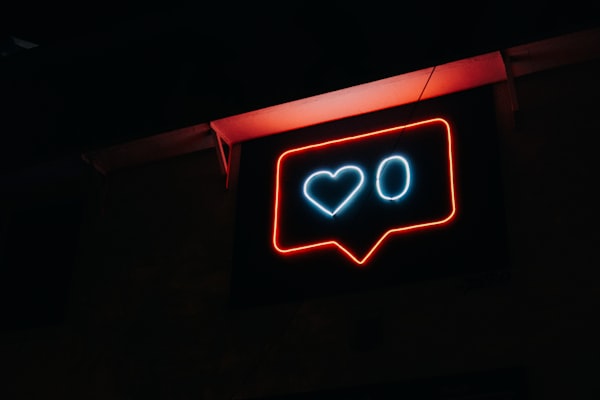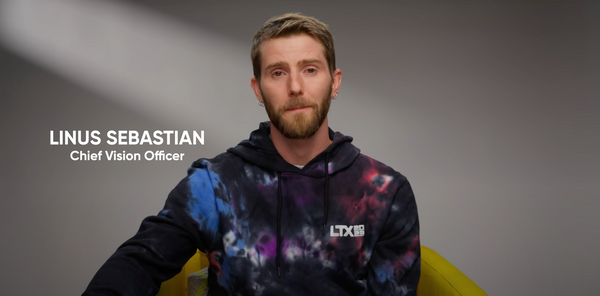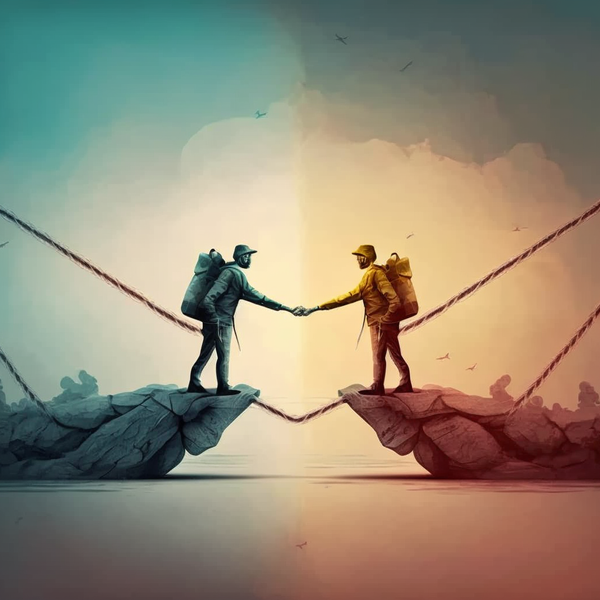My Spotify Dilemma: The Power of Product
I hate the company but love their product.

My journey into journalism started back in 2007 when I began writing for the school newspaper. Soon after, I collaborated with a photographer and wrote short biographies about the artists he photographed. It was my start in music journalism.
Back then, music streaming was a thing of the future. Peer-to-peer networks like Limewire were one sketchy source for my iPod library, managed on iTunes. I imported CDs from my uncle's vast collection to extend my musical horizon. And I often bought the silver discs at shops and concerts, only to digitise them shortly the next day.
Later, while working on Negative White, the online music magazine I ran for a decade, iTunes was still a vital part of my music consumption. I could add promotional CDs and digital downloads before the release date.
Coming from the iPod and iTunes experience, I soon pivoted to Apple Music as a streaming service; however, I mainly stuck to my own digital library. And I didn't intend to switch to Spotify, mainly because I read all the stories about how little artists earn on the platform.
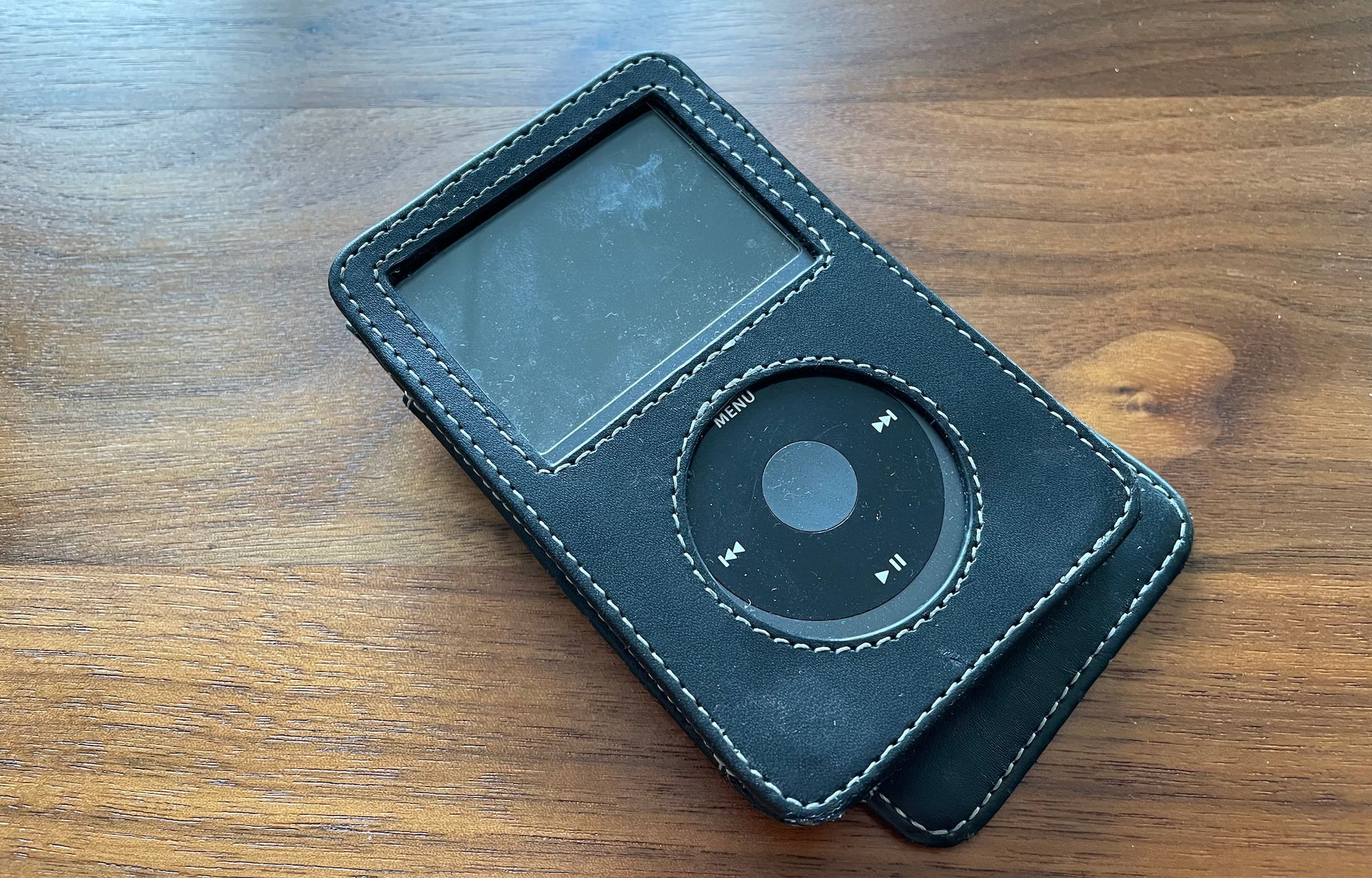
I can't remember the exact moment–or even the reason for that matter–why I switched from Apple Music to Spotify. But it only made sense: The service gained more traction and influence, alongside the album's downfall and the rise of playlists–the new tastemakers. As a music journalist, I had to be where the magic happened. I had to provide playlists where the audience was.
And I never questioned my move to Spotify again. Then came 2022.
Young vs. Spotify
For those who don't already know what I'm going to talk about: Here's a quick and dirty wrap-up.
Neil Young attacked Spotify for being a platform for misinformation around Covid-19. "I am doing this because Spotify is spreading fake information about vaccines — potentially causing death to those who believe the disinformation being spread by them," he wrote in a now-deleted open letter.
The main reason for Young's anger: podcast host Joe Rogan. In 2020, Spotify struck an exclusive deal with possibly the world's most prominent podcaster. Estimated worth: more than $200 million, as the New York Times lately reported.
However, Rogan regularly delivered controversies around the coronavirus. For example, he took Ivermectin, the infamous horse dewormer, when he contracted the virus. Rogan also was criticised for hosting Robert Malone, a popular figure in the anti-vax movement.
Although Young's fame puts a bigger spotlight on the topic, he wasn't the first to address the issues around Rogan. For example, 270 doctors signed an open letter to Spotify after Malone appeared on Rogan's show.
"Why did Spotify choose Joe Rogan over Neil Young? Hint: It's not a music company."
The preliminary result of Young's protest: Spotify did as he wished and removed his music from the platform. But also, other artists like Joni Mitchell joined Young's cause.
It may seem weird that a music streaming service quickly chose this route. But the Washington Post explains it already clearly in a headline: "Why did Spotify choose Joe Rogan over Neil Young? Hint: It's not a music company." The article highlights Spotify's heavy investment into podcasts and its strained relationship with artists.
Ethical Questions
Since all this went down, the ongoing debate made me think about my relationship with Spotify as a company, as a product, and more generally, about how I consume, enjoy, and value music.
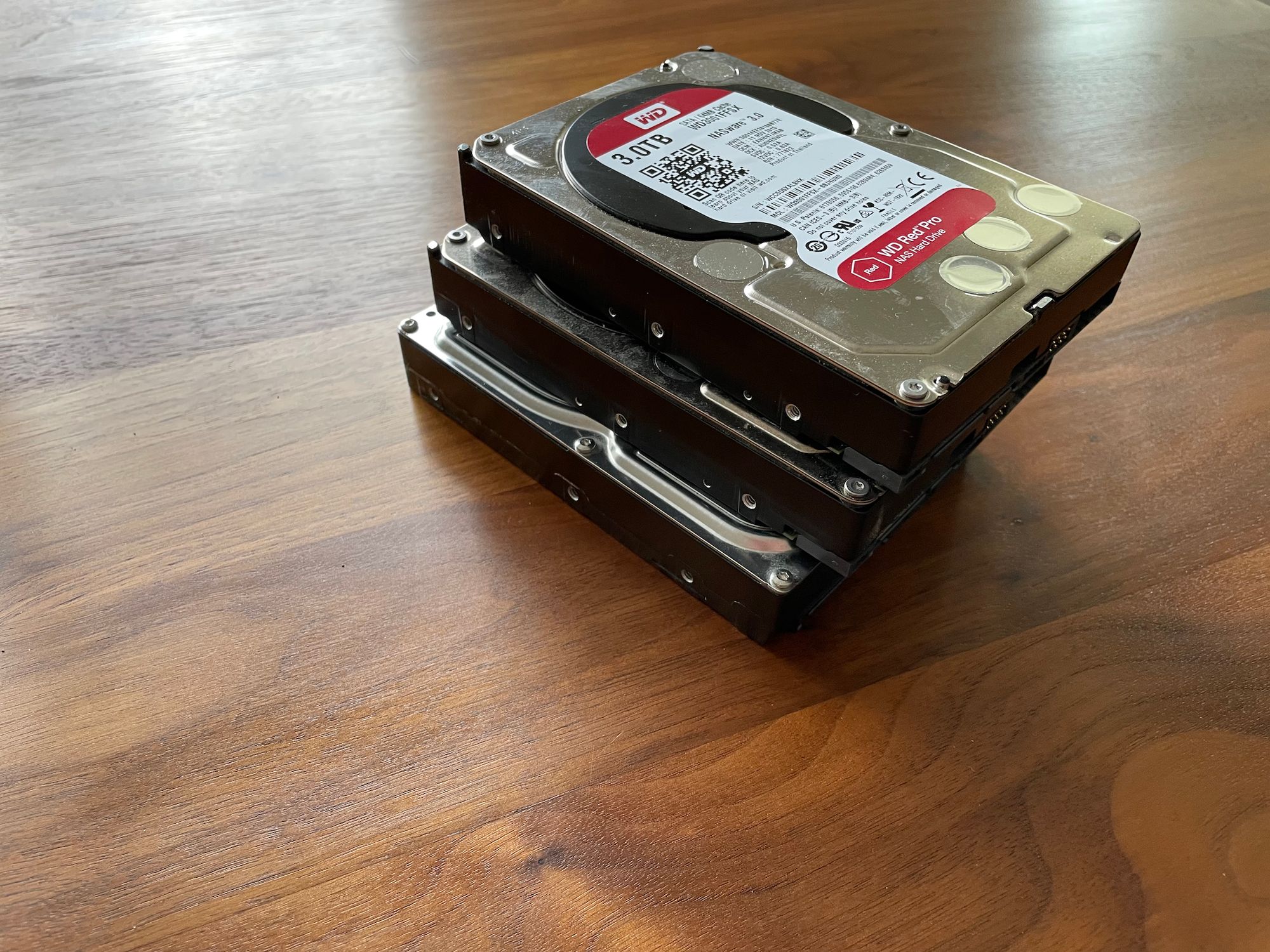
I still maintain an extensive physical collection of CDs and vinyl. And the digital library counts over 30'000 songs that no company can arbitrarily remove. It weirdly comforts me.
And after I learned about Spotify CEO Daniel Ek's €100M investment in defense AI, I had to confront myself with the question: Do I want to contribute to all of this?
Do I want to have a relationship with a company whose primary purpose seems to aggregate data and somehow manage to make us love being spied on—even so far that it can predict our moods?
Do I want to spend money for a service that pays the artists virtually nothing, doesn't take responsibility as a publisher (which Spotify became with its big move into podcasts and Joe Rogan), and doesn't seem to care about their own codes?
Good Intentions
I inherently believe that many of the questions above have to be tackled on a societal level. Spotify is finally seen alongside other platforms like Facebook, Instagram, Substack, and YouTube. We as a society have to conclude how we deal with those platforms and their impact on our lives, communities, and information ecosystem.
However, I, too, have to take responsibility. As a music curator (check out Weekly5 if you're interested), I use Spotify not only privately but also somewhat professionally. So I decided to take action and pledged to buy every song I feature on Bandcamp if it's available. Subscribers can verify it by checking my profile.
And finally, I started to use Apple Music again as a primary streaming service. Here's where the dilemma began to unravel.
The Better Product
I immensely appreciate one particular aspect of Apple Music: the quality is quite frankly astounding. I didn't think that Apple's Lossless format would make such a difference.
Another positive side of Apple Music: I can combine my existing digital collection with the streaming offering. But that's about it for the good things.
I attempted to use Apple Music the same way I use Spotify: Find songs, curate my playlists and listen to them. I don't listen to existing playlists aside from occasionally skipping through Spotify's personalised mix and checking the "Release Radar" every Friday to see if I find something for my Weekly5 curation.
Now, let me illustrate my struggle with Apple Music compared to Spotify with five concrete examples. (Disclaimer: There are far better design reviews out there like this one, this is simply my personal experience.)


